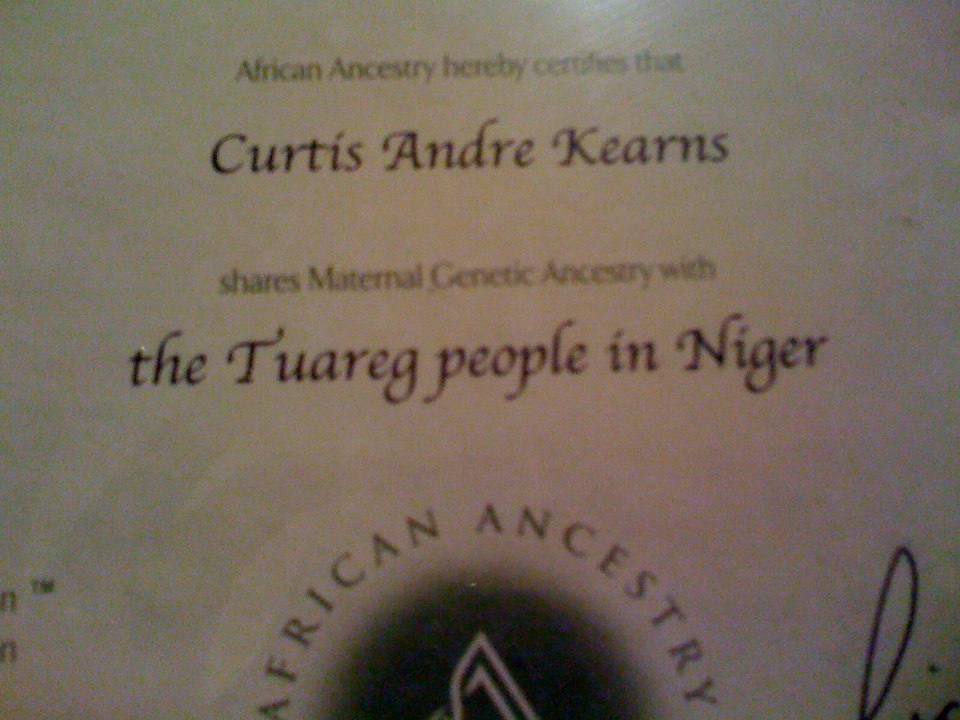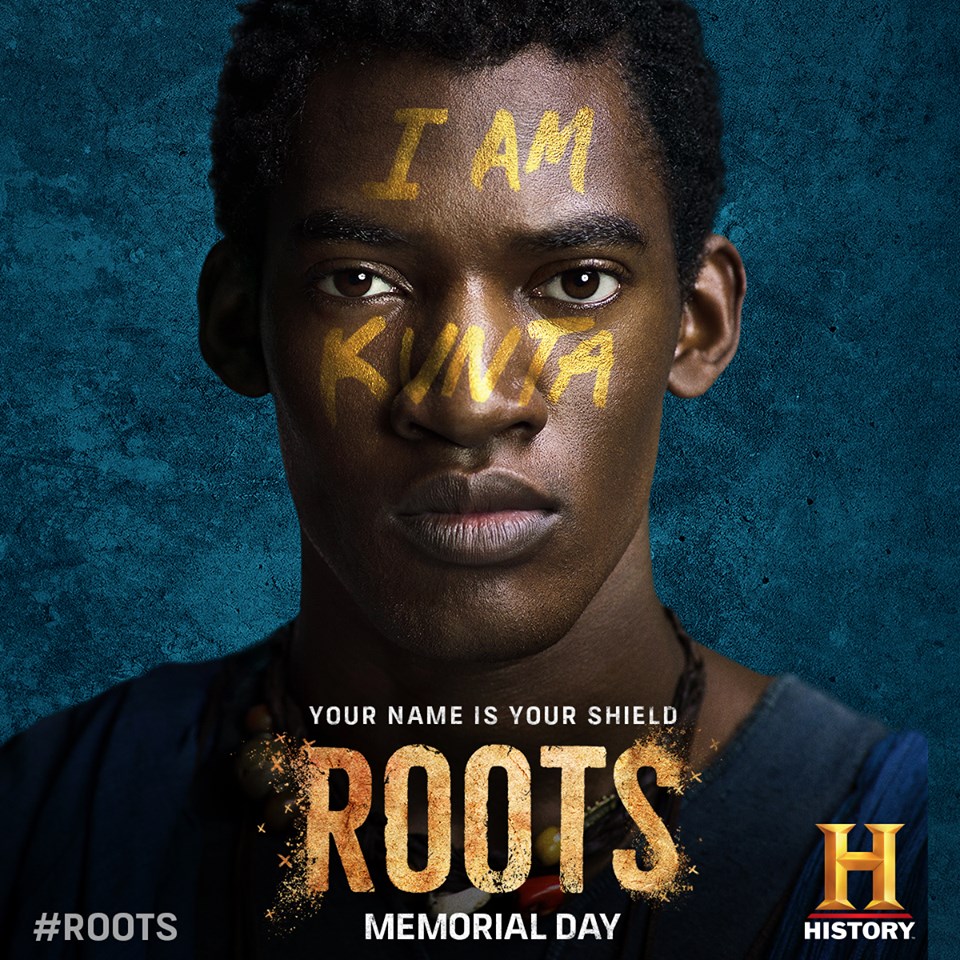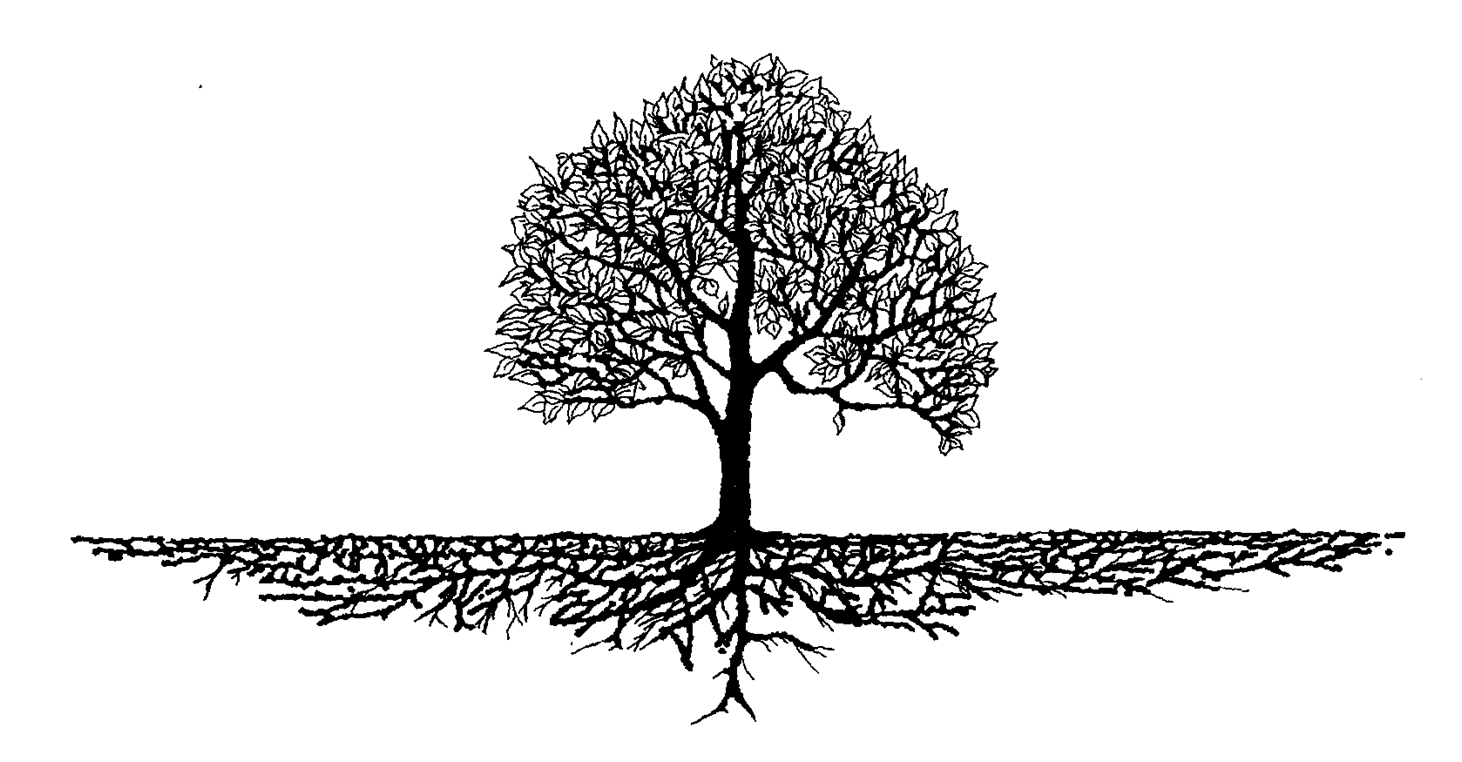“My name is Kunta Kinte.”
This week I have been watching the remake of Alex Haley’s Roots, airing on the History Channel. It’s brilliant. Watching this updated version has me reflecting back on the original version which I watched as a child. I didn’t realize it back then, but it planted a seed in me which has now blossomed into a full blown passion (some would say obsession) to trace my own family roots back to Africa. The idea that Alex Haley could trace his ancestry back to a noble Mandinka warrior named Kunta Kinte was so powerful to me that it’s inspired me throughout my life to try to do the same.
Roots is also representative of the significant challenges descendants of enslaved people in America face trying to trace their ancestry. Within a year of Roots being published, Haley’s masterpiece faced significant scrutiny. Historians and genealogists uncovered evidentiary flaws in the family history Haley details in his book, calling into question whether the book should be treated more as a work of historical fiction rather than one of historical scholarship.
Ever since I watched Roots, I’ve been on a quest to explore and identify my connection to Africa. The loftiest aspiration I ever let my mind consider was the potential to trace back to a named ancestor in Africa. To identify my family’s Kunta Kinte. My current research leads me to believe that his name could be Emanuell Cambow (Cumbo).
My quest to uncover my African roots started in 1995 when I travelled to Johannesburg South Africa for a year while working for Bain and Company. It had always been my dream to live and travel on the African continent. Within a few days of arriving I struck up a conversation with a South African acquaintance of Zulu ancestry. I asked him, “Hey if I were walking down the street in Johannesburg, what tribe would people think I belonged to?” He chuckled, and then politely responded, “Here in South Africa you would be considered Indian or Cape Coloured.”. I was a bit shocked. I am African American, but I guess I didn’t look particularly African, to him at least.
My journey continued with the advent of DNA testing which offers African Americans the intoxicating possibility of leapfrogging research brick walls created by slavery to connect to African roots by analyzing the family history etched within our DNA. There are two flavors of DNA testing currently available – Haplogroup and Autosomal.
Haplogroup is the term scientists use to describe your ancient ancestral clan such as Anglo-Saxon, Ashkenazi Jew or in the case of Kunta Kinte, Mandinka. Haplogroup DNA tests reveal ancient or “deep” genealogical origins i.e. thousands of years ago rather than more recent ancestry. There are two test types – paternal and maternal. The paternal haplogroup test analyzes the DNA markers a father passes down to his son through the Y chromosome to identify ancestral clan. The maternal haplogroug test analyzes the DNA markers a mother passes down to her children through mitochondrial DNA to identify ancestral clan. Autosomal DNA tests examine a person’s 23 pairs of chromosomes to analyze their ethnic makeup.
I started back in 2006 by testing with AfricanAncestry, which is a Haplogroup DNA test service specializing in tracing African ancestral origins. I ended up testing with them twice actually. The first time I gifted my father a paternal haplogroup DNA test. The result came back “undetermined”. Turns out it was because our paternal haplogroup was of European origin (R1b). I later learned that up to 33% of African American men have European paternal haplogroups because of the history in America of white men producing offspring with enslaved women.
Next I took the AfricanAncestry maternal DNA test. My results came back showing common ancestry with the Tuareg people of Niger. I was euphoric. I’d finally established a true African connection. However I later learned that my maternal Haplogroup was U4, which was of European, Asian or Northern African origin. In a flash, my clear African ancestral connection had blurred into one that could just as easily come from Europe or Asia. It turns out that less than 5% of African Americans possess non-African maternal haplogroups, and I was possibly one of them.

My search continued when I tested a few years later with AncestryDNA which is an autosomal DNA test service. If you are interested in understanding your more recent genetic history i.e. a few hundred years ago and connecting with DNA cousin matches I recommend testing with an autosomal service such as AncestryDNA, 23andMe or Family TreeDNA.
My AncestryDNA test results offered exciting detail on my ethnic admixture (62% African) and the regions from which my African ancestors might have lived – modern day Cameroon, Congo, Ivory Coast, Ghana, Benin, and Togo. But the results didn’t offer predicted ethnic groups. A neat new service called DNA Land, by the way, now offers the ability to upload your DNA for free and get back admixture results inclusive of African ethnic group estimations.
My search now continues through my family tree research. Of my 32 great-great great (3rd) grandparents, I estimate that 21 of them were enslaved, mainly in North Carolina, which for the most part means that my research of their ancestry dead ends in the early 1800s due to lack of documentation. But through research I also discovered that I descend from a number of free people of color including my 3rd great grandfather Junius Matthias Cumbo, son of Britton Cumbo Jr. of Northampton, NC. I discovered that there was more documentation available on these families offering me a slightly better chance to trace these lines much further back.
I’ll never forget the day I thought I’d traced all the way back to a named African ancestor. Numerous Ancestry public trees trace Britton Cumbo Jr.’s ancestry back to Emanuell Cambow born in Angola in 1614 and who was patented 50 acres in Jamestown in 1667. When those Ancestry shaky leaves led me back to Emanuell with an Angola birthplace I was once again euphoric. But I’d soon learn that the links from Britton back to Emanuell are not well documented, calling the accuracy of these Ancestry public trees into question. So my current research is focused on extending my Cumbo family tree back another generation or two through validating documentation. It’s painstaking research, like looking for a needle in a haystack. I’m hoping that identifying Britton’s ancestry will take me one step closer toward building a validated lineage connected back to the Kunta Kinte of my family – a man named Emanuell Cambow.
This journey is not easy but with Roots as my inspiration I plan to stay the course.


Great read cousin.
Thank you
This was a great post, Andre. You have a very polished site. Good luck with your continued research.
Thank you!
Very interesting post cousin, good luck with your research. I am still researching but still nothing new on our line.
Thank you cousin. All we can do is to keep searching!
I have a number of slave holding ancestors in NC, many in northeastern counties — Northampton, Bertie, Hertford, Chowan (less than 15 miles from the Dismal Swamp). At some point I plan to list them out in case they could help someone’s research. Names ( usually only first names, as you know) are in wills, many of which are now available online. I have copies of many in files ( thanks to my aunt). Common names are Newsome, Boone, Riddick and others it saddens me to say. I will keep your name. Or if you have name or place info to zero in on, please let me know.
Listing them out would be wonderful. I believe I descend from Newsomes of Northampton and also Hertford. Names of Newsomes and associated wills would be interesting to see. Thanks!
Hello Barbara,
My paternal great great grandfather is Elisha Boone who was married to Sarah Cumbo in Northampton County. My family had a lot of land at the time which was rumoured to have been willed to them by slave masters. Do you have any one listed as William Boone III or William Boone?
Great post, Andre!
Thank you cousin!
Beautiful post Andre!
Thank you!
What an interesting and insightful post. Like you, I was inspired by the first production of Roots and the book by Alex Haley. I have taken the DNA test with both 23andme and African Ancestors. Both returned MtDNA listing my maternal origins to the Limba people of Sierra Leone and the Fula/Fulani people of Guinea Bissau. I have been searching the Transatlantic Slave Data website for more information. It seems that from 1760 to 1803, only the ships from Bance Island owned by Richard Oswalds company sailed with the destination of South Carolina. The man responsible for collecting and selling that cargo was a large rice plantation owner named Henry Laurens. He had plantations in South Carolina and Georgia. In addition. I learned that the Limba people were proficient in cultivating rice and therefore, needed and preferred on those rice plantations. My ex great grandmother was born on one of those Georgia plantations. I am still searching for the name of, both my ancestor and the plantation. Thank you for your post. It was an encouragement to keep going.
Anita
PS. My autosomal breakdown is 48% African
48% European
4% Asian (from Indonesia/Madagascar)
Thank you for sharing your journey with me. Now we encourage each other 🙂
Excellent compilation of your painstaking research. I thoroughly enjoyed reading it. I came across your site by accident, I have a 3 great grandmother from Cefalu, Palermo, Sicily whose name was Rosa Cumbo. So you see I was looking for ancestors. Many say Sicilians have African blood. I did my mtdna through ftdna.com and am 2% African. Sicilians often show up on US census as negro, some of my family on the 1920 census are listed neg. I do not know of any Cumbos from Sicily that emigrated. Again I am a huge fan, Benita Cicero
Benita, I’m glad you enjoyed it. Thank you for sharing your Cumbo family history. It’s fascinating. Best, Andre
https://waterfallmagazine.com
Touche. Solid arguments. Keep up the good
work.